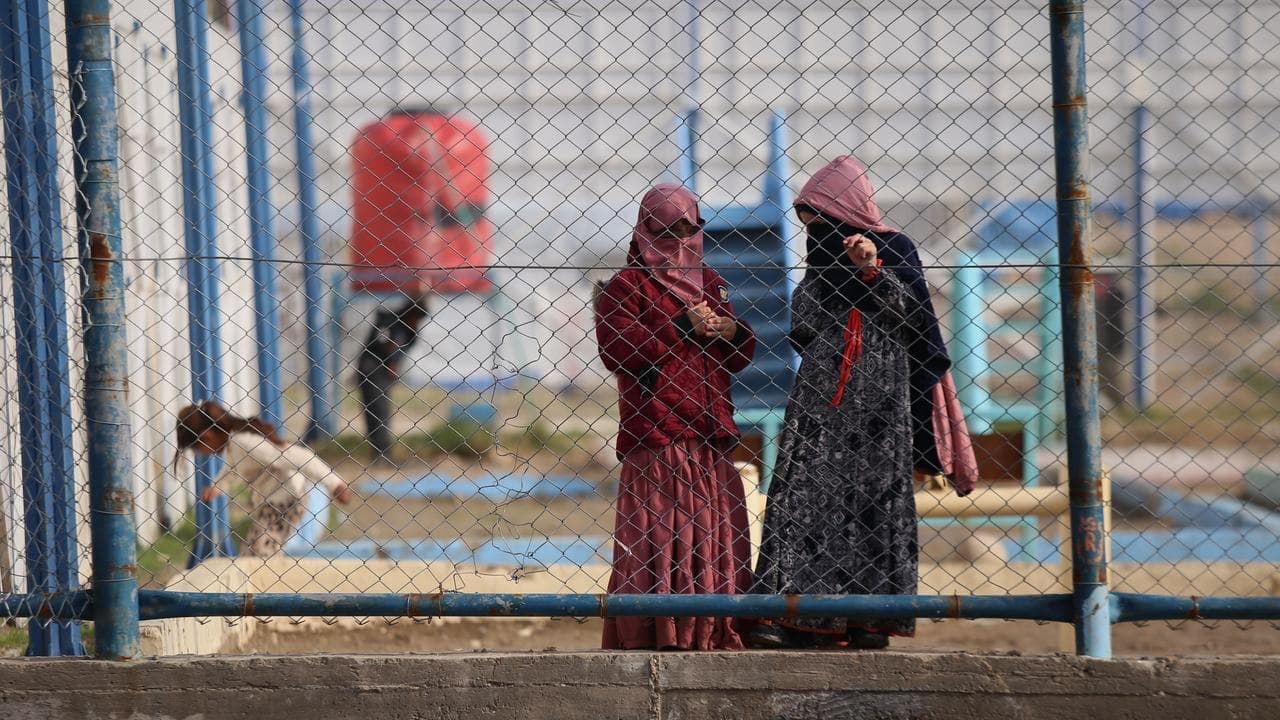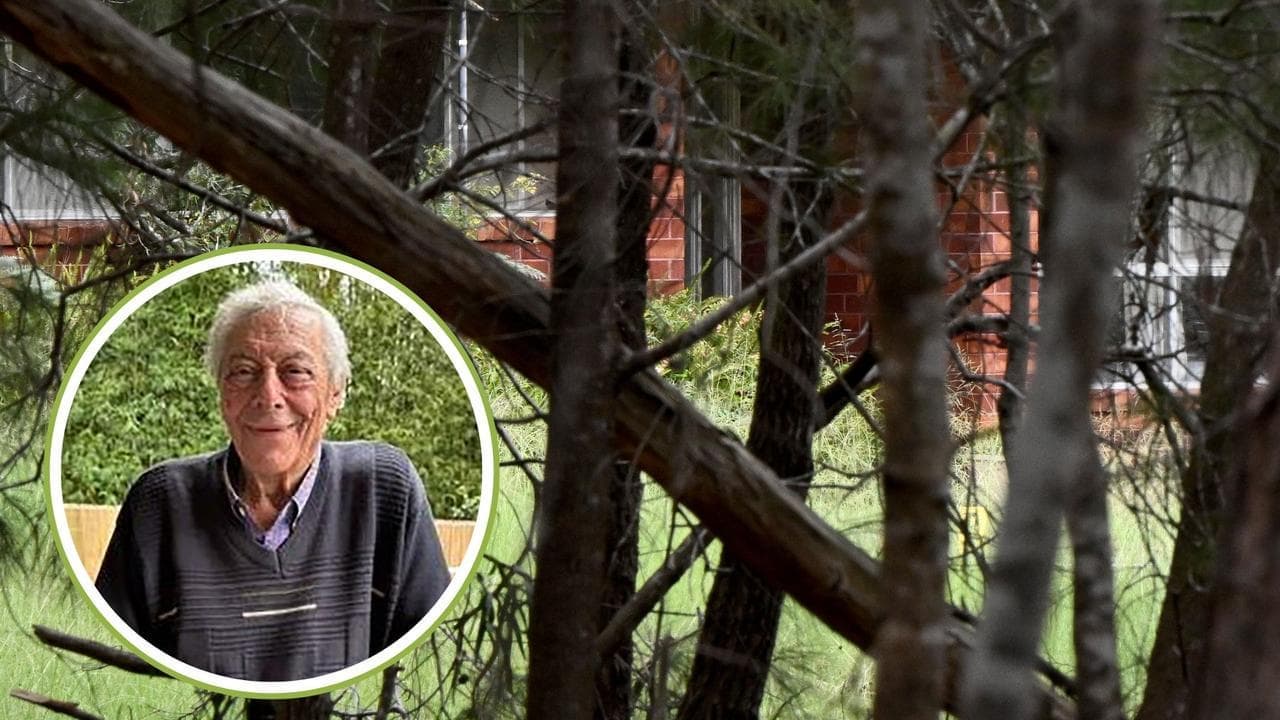The Statement
Claims that Chinese man, Li Ching Yuen, lived for 256 years has reignited social media's fascination with human longevity.
An Instagram post shared by a New Zealand account features two black-and-white pictures under the title, "Did you know?" The text below the title reads, "According to a research (sic) published in the New York Times in 1933 Li Ching Yuen was quite the extraordinary man. As a Chinese herbalist and martial artist, he lived 256 years or, "only" about 200 years by his own account."
The post goes on say that Mr Li credited his longevity to "Qi-Dong, meditation and a diet containing herbs like Reishi medicinal mushroom, shilajit and sea vegetables".
A caption includes additional information on Mr Li, claiming he was "born in 1736 in Sichuan, China" and died on "May 6, 1933, 256 (sic) years later" and that the "Imperial Chinese Government had congratulated him on his 150th and 200th birthday".
At the time of writing, the November 3 post had been viewed more than 2000 times and attracted more than 90 likes.
Variations of the post have previously been shared on Facebook with one post from 2013 recording more than 53,000 shares.

The Analysis
The extraordinary tale of Li Ching Yuen's supposed longevity is well documented, but experts told AAP FactCheck that there is no verifiable evidence to support the claim that he lived for 256 years - nor was this alleged life span plausible.
As of 2020, the oldest person whose age has been verified is Jeanne Louise Calment of France, who lived for 122 years and 164 days.
Mr Li's death was recorded in The New York Times in 1933 following a report by the Associated Press. The story's headline, "Li Ching-Yun Dead; Gave His Age as 197" is augmented by a sub-head that reads, "Inquiry putting his age at 256".
The news report goes on to say that Mr Li was reported to have buried 23 wives during his long life. It drew on tales from his native province to support the longevity claim, as well as a purported study from a Chinese academic that was also referenced in a 1929 Time article.
However, the New York Times article casts doubt on Mr Li's claims in the final paragraph, which reads: "One statement of THE TIMES correspondent which probably caused (sceptical) readers to believe Li was born more recently than 1677, was that 'many who have seen him recently declare that his facial appearance is no different from that of persons two centuries his junior'."
Dr Thomas Perls, an expert in the genetics of ageing and exceptional longevity from Boston University, told AAP FactCheck in an email that claims of people living for more than 200 years are "all false".
"Just from a demographic point of view, a claim of 256 is impossible," he said.
Dr Perls pointed to a study he co-authored titled, "Typologies of Extreme Longevity Myths", which investigated the "various causes of false claims of extraordinary longevity".
The paper compared supercentenarian cases, people who lived for more than 110 years, generated from the US Social Security Death Index, to a validated list by the Gerontology Research Group.
"One observes that the rate of (age) validation declines with age, from about 35 per cent at age 110-111 to just two per cent by age 115 and zero per cent for 120+ years," the paper stated.
In the case of Mr Li, the paper said his claim of longevity was related to the category of spiritual practice which "asserts that certain philosophies or religious practices allow a person to live to extreme old age".
"Not only was his age claim fantastical, and the number chosen as a multiple of eight (considered good luck in China), but the rationale was that he lived so long due to his following a certain practice or way of life," the paper said.
Dr Nir Barzilai, the director of the Institute for Aging Research at the Albert Einstein College of Medicine in New York, said the average life span at the time Mr Li was alive was around 35 years.
"Efforts by the World Health Organization to confirm the age of death of supposedly long-lived people (>150) around the world have failed. Some motivations (for these claims) were adopting grandparents' identities to avoid army services, amongst other things," he told AAP FactCheck via email.
Dr Barzilai conceded that lifestyle practices in Mr Li's era could increase the chances of a person living until they're 80, about the average age of death today, but not to hundreds of years.
"I doubt there is a chance that this ever happened and probably will not happen in our lifetime," he said.
When it comes to verifying extreme longevity cases, Dr Dmitri Jdanov from the Max Planck Institute for Demographic Research in Germany told AAP FactCheck: "We need to trace the whole life of the person - early life documents like (their) birth certificate, census records, marriage certificate. As I understand, it is impossible for Li Ching Yuen."
However, Dr Jdanov was open to the possibility that one day humans may achieve extreme longevity.
"There is no evidence (at the moment) that humans may live longer. But there is also no strong evidence that it is impossible," he said.
An Italian study looking into human longevity found, in a sample of more than 4000 supercentenarians, the risk of mortality plateaus once people reach an age of 105.
The study concluded that once a person reaches this age, they have an almost 50 per cent chance of surviving from one year to the next.

The Verdict
As detailed in the post, tales of Li Ching Yuen's supposed great longevity were reported in news articles at the time of his death. However, experts in gerontology and demography told AAP FactCheck that it is extremely unlikely anyone has lived to the age of 256 - more than twice the current record for the longest verified life span.
Missing Context – Content that may mislead without additional context.
* AAP FactCheck is accredited by the Poynter Institute's International Fact-Checking Network, which promotes best practice through a stringent and transparent Code of Principles. https://aap.com.au/












